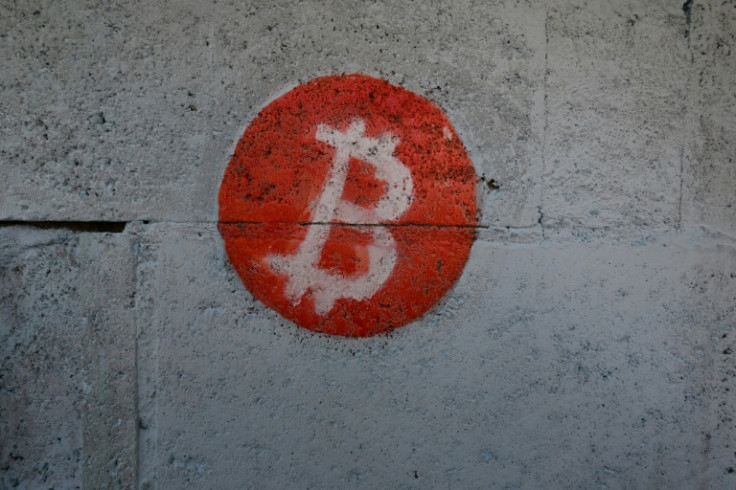Bitcoin And Stocks Under Pressure On Rising Interest Rates And Geopolitical Risks

Last week, Bitcoin and U.S. stocks came under pressure by rising interest rates and geopolitical risks.
The digital currency hovered around $70,000 most of the week. But it had a tumultuous weekend, falling below $62,000 Saturday before heading back toward $65,000 Sunday morning.
The large-cap dominated S&P 500 finished the week at 5,123.41, down 1.56%; the tech-heavy Nasdaq at 16,173.09, down 0.5%; the Dow Jones at 37,983.37, down 2.4%; and the Russell 2000 at 2003.17, down 3.4%.
Traders and investors sold Bitcoin and stocks following mixed inflation data reports during the week. They raised the prospect of the Fed delaying interest rate cuts in 2024 or abandoning them altogether.
The prospect of deferring or abandoning interest rate cuts didn't help bonds either. The benchmark 10-year U.S. Treasury bond ended the week with a yield of 4.49%, up from 4.40% at the beginning of the week, after touching 4.60% during the week.
Rising bond yields came when Bitcoin was trading near all-time highs and stock valuations were stretched. These conditions made both asset categories vulnerable to sell-offs, as investors shed riskier assets for less risky assets.
"As inflationary pressures mount, central banks may tighten monetary policies, triggering price drops across various asset classes, including cryptocurrencies," said Ronen Cojocaru, CEO of 8081. "Despite being championed as a hedge, Bitcoin's correlation with traditional asset classes, particularly stocks, has grown stronger. This means that when traditional markets tumble, Bitcoin often follows suit."
Meanwhile, rising bond yields are insufficient to normalize the yield curve. The 10-year bond trades 40 basis points below the 2-year Treasury bond yield and 95 basis points below the 3-month Treasury bill yield.
This lag of long-term yields below the short-term yields, which Wall Street professionals call an inverted yield curve, makes one sector of the market, banks, particularly vulnerable to sell-offs.
An inverted yield curve is bad news for traditional banking businesses. It hurts bank earnings, as banks compete for funds with money market mutual funds and ETFs issued by financial companies. That was evident in the first quarter financial results of large banks reported last Friday, which were a source of Friday's sell-off in bank shares.
In addition, the rising geopolitical risks have added to uncertainty on Wall Street, putting additional pressure on equities. One of these risks is the growing antagonism between the U.S. and China in the technology industry, with both sides upping their sanctions on each other.
On Friday, for instance, Beijing told its telecom carriers to phase out the use of foreign chips in a blow to major U.S. chip makers, from Intel to AMD, NVIDIA, and Qualcomm. They all suffered losses during the regular trading session, contributing to the declines of S&P telecom shares and Nasdaq.
Another geopolitical risk is the escalation of the Russia-Ukraine war, which threatens to drag Western Europe into it.
A third geopolitical risk is the proliferation of the Middle East crisis, which culminated over the weekend with the direct attack of Iran against Israel. It could spread the war in the region, with unpredictable consequences for world peace and financial markets.
Despite tensions between countries, game-theory experts believe that the chance of a large-scale war breaking out is low, as it could be catastrophic to all players. As a result, long-term investors should focus on the most important factor driving stock prices: the growth of a company's revenue and profits. In the coming weeks, companies will be reporting their earnings results, which will be a good indicator of their financial health.
Pat Kennedy, co-founder of AllSource Investments, sees companies that can demonstrate resilient earning growth even with higher interest rates to continue to perform well in the current challenging environment. But not the "story" companies that aren't profitable and heavily reliant on debt.
© Copyright IBTimes 2024. All rights reserved.












